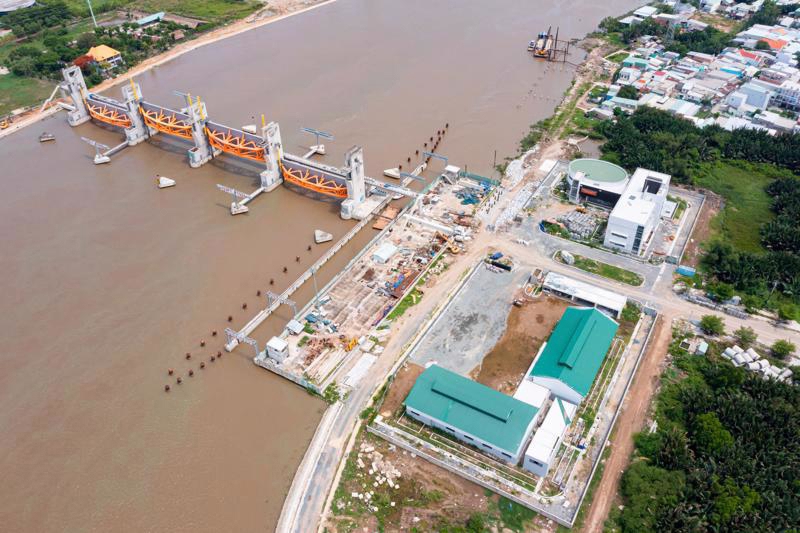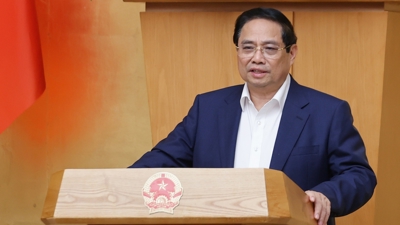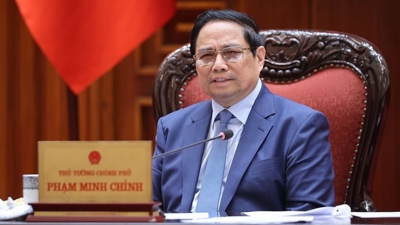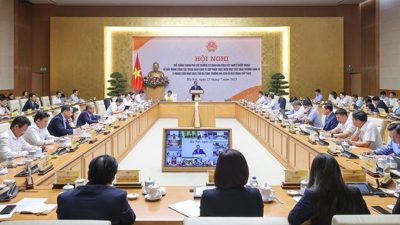Gov't clears hurdles for two major infrastructure projects in HCMC
One of the projects is the tidal flood control initiative, often dubbed the "VND10 trillion anti-flooding super-project" (over $382 million), designed to protect a 570-sq.km area from tidal surges.

The Government has issued Resolution No 212/NQ-CP, aiming at breaking the deadlock on two long-stalled major infrastructure projects in Ho Chi Minh City.
The Resolution targets two critical projects: the Tidal Flood Control Project (Phase 1), which accounts for climate change factors; and the construction of a key road connecting Pham Van Dong Street to the Go Dua-National Highway 1 interchange in the former Thu Duc City.
The tidal flood control initiative, often dubbed the "VND10 trillion anti-flooding super-project" (over $382 million), is designed to protect a 570-sq.km area from tidal surges. This area, which includes the center of Ho Chi Minh City which is home to about 6.5 million people, has been a major focus of the city's climate adaptation efforts.
According to the Resolution, the primary goal is to resolve issues plaguing the projects in order to remove critical bottlenecks and attract further private investment.
The Government aims to expedite the resumption and completion of the projects to ensure they become operational, maximize their investment value, and prevent further waste and losses.
The Resolution specifies that it will only address issues and violations where the cause is attributable to errors by State management agencies, or a combination of errors by both the state and the private investor. The authority to resolve these issues is delegated to the corresponding level of administration.
The process must be timely, feasible, and strictly adhere to legal regulations and objective realities. The resolution emphasizes a zero-tolerance policy for corruption, negative practices, and the waste of state funds and assets. A core principle is that past wrongdoings must not be legitimized, and new errors will not be allowed to compound existing ones.
Furthermore, the Ho Chi Minh City People's Committee is empowered to make decisions regarding the projects' feasibility studies—including their creation, appraisal, and any necessary adjustments—and will bear full responsibility for the outcomes of these decisions.







